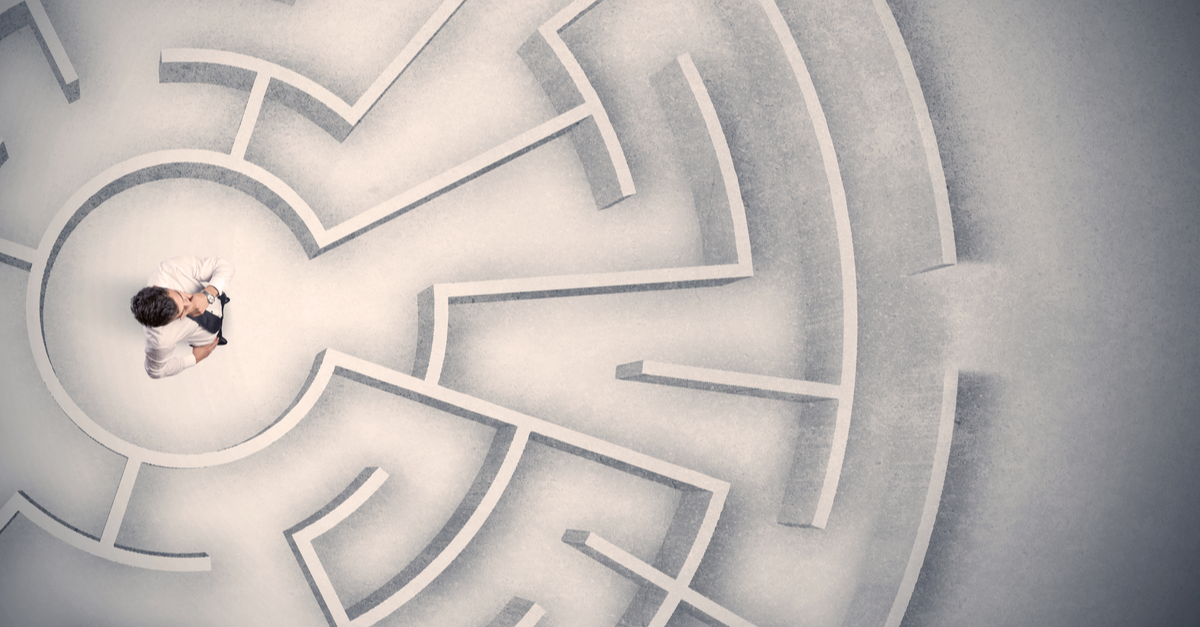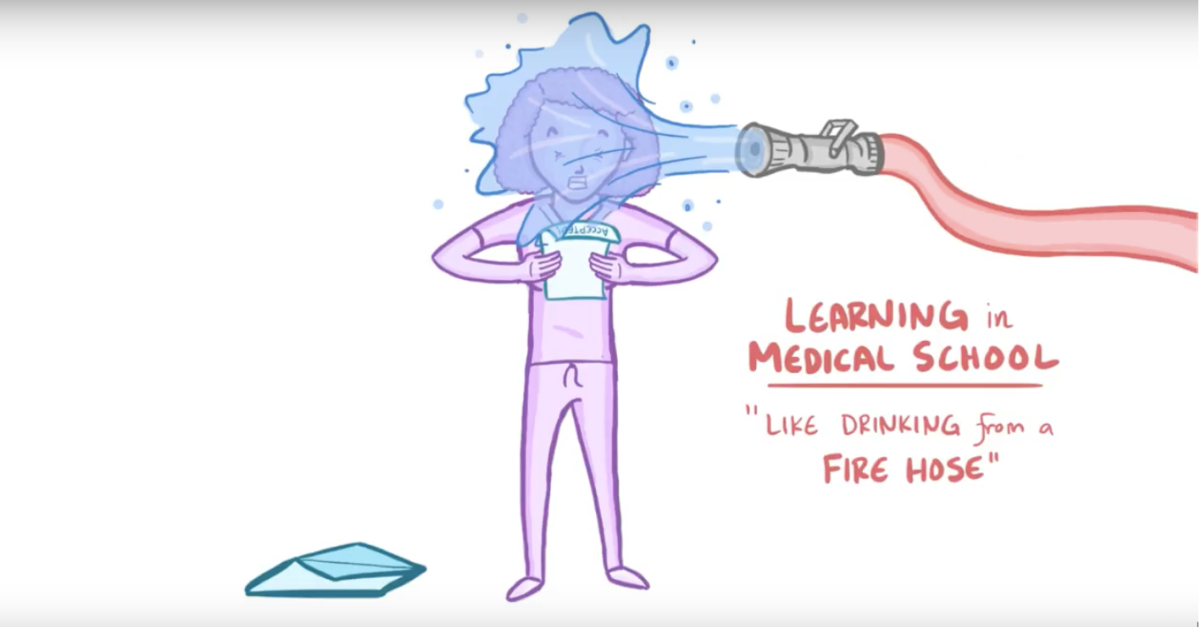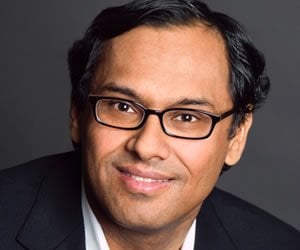What made you decide to write your new book, Doctored? What were you hoping to accomplish?
When I was growing up, my mother wanted me to become a doctor. She told me, “I want people to stand when you walk into a room.” When I started my first job as a cardiologist, I realized I had been isolated from the changes occurring in medicine. I was a fellow in cardiology; I was learning about the human body, the heart, the physiology, and the therapeutics, but not about the culture of practice. I was shocked to see how unhappy many of my colleagues were. The unhappiness wasn’t just about paperwork, patients going on the Internet, malpractice, the usual things you hear about – it was a deeper, more existential problem. The problem was the systems of medicine didn’t allow them to be the kind of doctor they wanted to be – the same kind I wanted to be. When I entered medical school, I had this fantasy that I was going to reform the profession somehow. I didn’t know how, but I thought I would, somehow. When I got out, I started seeing physicians who were unhappy. I think their unhappiness was a response to this loss of ideals. I think a lot of physicians have had to compromise their ideals because of a diseased system. That’s why I wrote the book. I wanted to write about it and put it out there.
Read more












